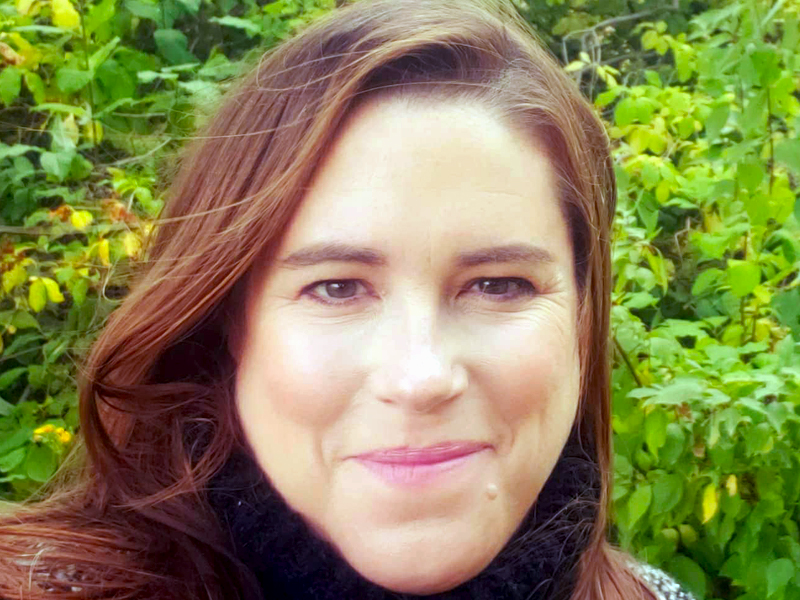Amanda MacBeth: Crisis Clinician - Local 420

Quote
"Our goal is always to prevent things from escalating into hospitalization. We bring the specialized skills to talk it through and provide support in a way that protects people’s dignity."Amanda MacBeth is never sure what her shift is going to look like.
She may spend a couple of hours visiting a client with chronic mental health issues in their home, consult with a doctor whose patient is showing signs of self harm, or follow-up with a client who’s in hospital due to chronic substance abuse. She may also find herself partnering with the RCMP to help de-escalate a mental health crisis.
“Sometimes, the RCMP calls us and sometimes we call them,” she says. “But our goal is always to prevent things from escalating into hospitalization. We bring the specialized skills to talk it through and provide support in a way that protects people’s dignity.”
No matter what her day looks like, MacBeth, who has a Masters in both Divinity and Counseling, works to ensure Manitobans experiencing a mental health or psychosocial crisis get the care and support they need, when they need it. It’s a role the pandemic crisis has also made more critical – and stressful.
“Right now, we’re trying to keep as many people as possible out of hospital, which means working closely with clients to develop more healthy coping strategies,” she says. “Because of my role on the front-line, I’m not seeing my mom right now, which is really, really tough.”
The overnight Crisis Unit in Steinbach, where MacBeth sometimes lends a hand when not out on a call, has been reduced to four beds from eight to accommodate public health restrictions.
“Covid has meant
a lot of overtime because there’s simply not enough of us. Each case is unique
and often complex. It’s part of my job to assist local ERs who are requesting
mental health assessments for their patients who are in an acute mental health
crisis, and this can involve a lot of consultation and paperwork.”
MacBeth sees providing in-person mental health support in a timely manner as more important than ever.
“It’s a struggle, because sometimes I feel like I’m giving up a lot and the strain on the system, with not enough staff, takes a toll. But someone has to be there for people in crisis. It’s what I’ve been trained to do, and what I feel I’ve been called to do. It’s an honour to be there for people when they need me most.”
